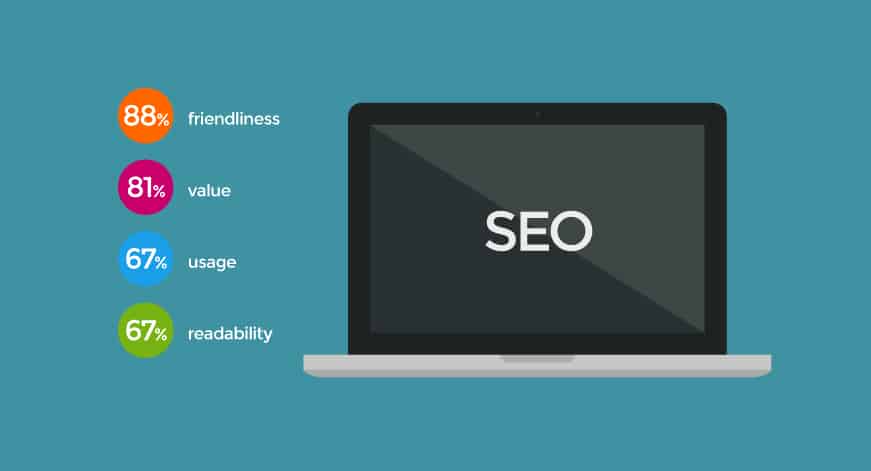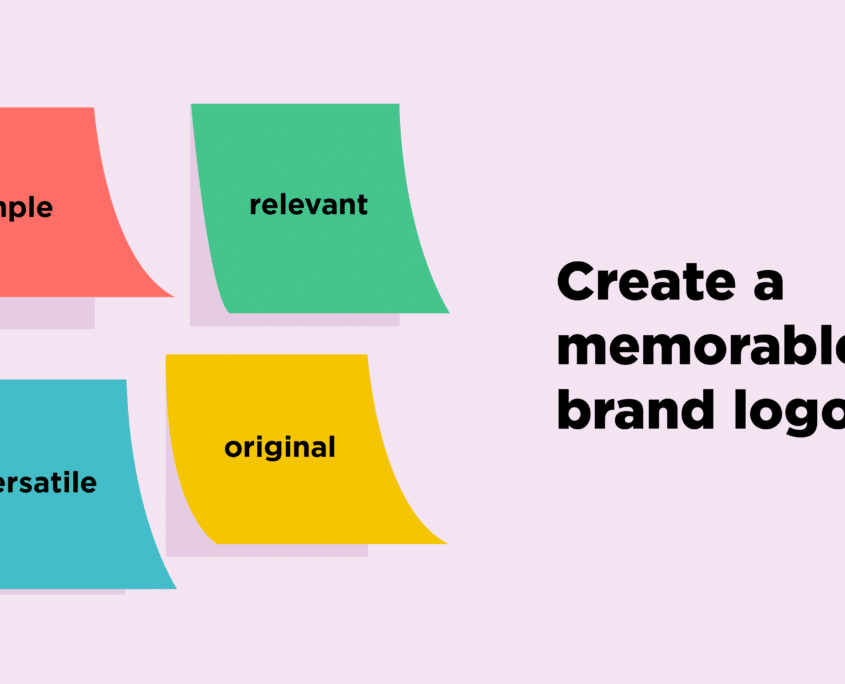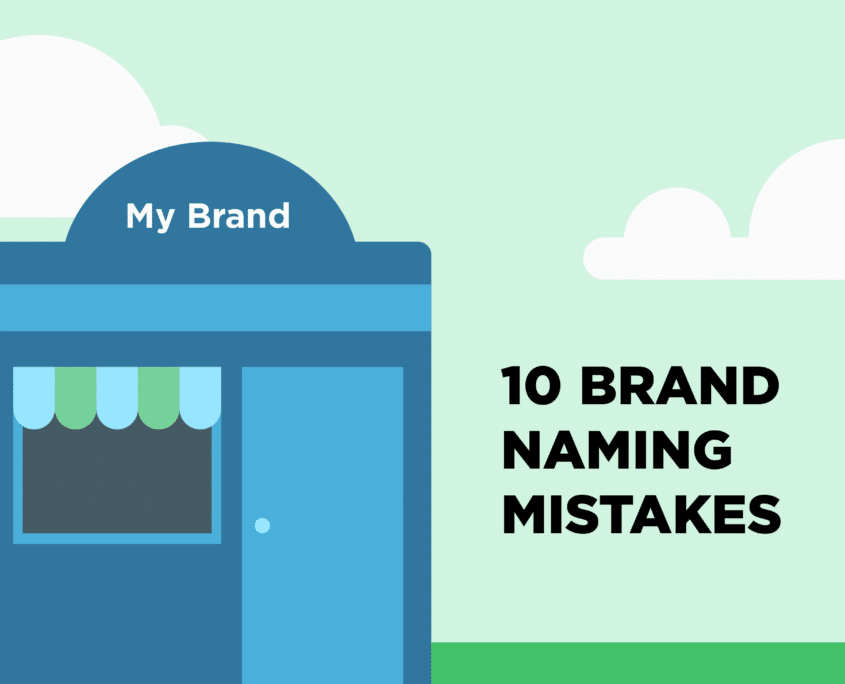SEO in 2016, What You Need to Know
While 2016 will see businesses increasing their investment in content creation across the board this must be done in conjunction with SEO to ensure it works as intended. So, what do you need to know about SEO in 2016?
What will be the most important factors of SEO in 2016:
- Mobile friendliness – increased impact by 88%
- Analysis of a page’s perceived value – increased impact of 81%
- Usage data such as time spent on each page – increased impact of 67%
- Readability and design – increased impact of 67%
The SEO aspects that will be less important in 2016:
- Paid links – effectiveness down 55%
- Anchor text – influence by 49%
With these figures in mind how will SEO in 2016 look:
Intention is key
Search engines aren’t just looking at or for keywords anymore, they are now ‘seeing’ and ‘interpreting’ how people are interacting with your website. In 2016 the focus is squarely on post click activity – are readers going back to search results after visiting your site and still looking for answers or did you satisfy their intent, their question?
Keywords aren’t everything
As Google gets smarter at interpreting meaning and intention, your keywords, particularly in headlines, will become less important.
“Historically, we wanted to get a keyword in the body copy or in the meta description. Now that’s all gone out the window. As the search engines get smarter, they start to think about other words that you expect to be in that article, what will signal that this is an authoritative article on the topic. If you were writing an article about the Apple Watch, you might have the words ‘Apple,’ ‘iPhone,’ ‘Watch,’ ‘apps’ and ‘time.’ If those are in the body copy, it sends signals to the search engines that this is a pretty good article.”
– Martin Laetsch, SEO expert
Now that 75% of search queries are 3-5 words long it’s time to re-evaluate how you will answer searchers’ questions within your content.
User experience must be your focus
Create an editorial content calendar full of ideas that will appeal to your target interests and focus on crafting the very best user experience you can. Part of this focus must be on producing and publishing unique content.
Size counts
Blogs and articles between 1200 and 1500 words will perform better in search results but make sure you break them up with subheadings, bullet points and images to make them more readable.
“It’s significantly different than it was two or three years ago, when 300 words was a pretty long page. Longer articles are getting more traffic, and they’re ranking higher in SEO, especially for competitive terms. The changes that Google is making, and the reason they’re making these changes, is to make sure they’re sending traffic to pages that delight humans.”
– Martin Laetsch
And don’t be afraid that long-form content will deter people from sharing; people are actually sharing longer articles on social media more often, linking to them and citing them.
Use unique images
Having unique images on your website is valuable, it makes you stand out and will pay off in the long run. Stock images have their place but consider the value of unique images on your SEO in 2016.
Overall, SEO in 2016 will be about the focus on your target audience – give them what they want to see and you will be rewarded with an SEO ranking boost. Remember you can rank number 1 or 2 and still not make money if your website visitors are not happy with the experience once they land there. Focus on making your audience happy and Google rankings will follow.
Speak to the brand specialist Liquid Creativity today to learn more about your SEO strategy for 2016. Liquid, your local branding specialist.













Leave a Reply
Your email address will not be published